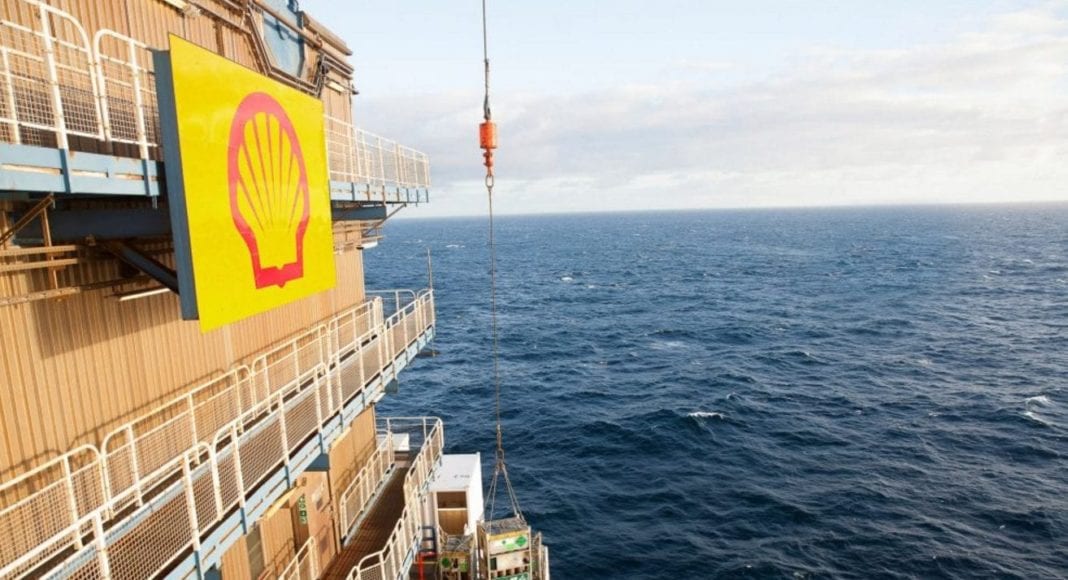(S&P Global Platts) Shell plans to carry out a drilling campaign offshore Brazil in the second half of 2021, Shell Brasil President Andre Araujo said April 16.
“Yes, we’re going to have a drilling campaign in 2021, with the timing focused on the second half of 2021,” Araujo said during a webinar. Shell hired Seadrill’s West Tellus rig to conduct the drilling campaign, Araujo said.
Shell is moving full-steam ahead with exploration of a plethora of fresh acreage snapped up at licensing rounds held in 2017-2019, when Brazil eased restrictions on subsalt development and allowed foreign oil companies to operate subsalt fields sold under production-sharing contracts. Shell purchased several subsalt blocks in production-sharing auctions, as well as stakes in concession blocks holding subsalt potential located outside the polygon that required production-sharing contracts.
The drilling campaign will start at the Campos Basin’s BC-10 block, where Shell operates the so-called Parque das Conchas hub of fields such as Abalone, Argonauta and Ostra, Araujo said. The area pumped 22,853 b/d of oil equivalent in February, according to the latest production report from the National Petroleum Agency, or ANP.
The BC-10 campaign represents the third phase of development for the producer, which has yielded more than 100 million barrels since first oil was pumped in 2009, according to Shell. The third phase includes the addition of five production wells and two water-injection wells at the Massa and Argonauta O-Sul fields, with the wells connected to the FPSO Espirito Santo floating production, storage and offloading vessel.
Shell owns a 50% operating stake in BC-10, with India’s ONGC retaining a 27% minority share and Qatar Petroleum the remaining 23%.
The company plans to follow up the drilling at BC-10 with the first wells in the Campos Basin’s C-M-791 block, which was acquired during 15th bid round held in 2017. Shell owns a 40% operating stake in the block, with Chevron retaining a 40% minority share and Portugal’s Galp Energia the remaining 20%.
“This represents a restart in our exploration activity,” Araujo said of the campaign.
Subsalt uncertainties
Shell and its partners in the Saturno production-sharing block were still evaluating options, Araujo said. The block was acquired during the fifth subsalt production-sharing auction in 2018. Shell owns a 45% operating stake, with Chevron holding 45% and Colombia’s Ecopetrol the remaining 10%. The 1-SHEL-33-RJS well drilled at Saturno and completed in June 2020 was dry.
“I don’t have any forecasts about a return to Saturn, but we’re still in conversations with our partners,” said Araujo, adding t was “still very early” to talk about the possible return of the block.
Shell was also part of the group that purchased the Libra production-sharing area in 2013, with the group saying April 16 that it would return the southeast portion of the block to the ANP. The group will continue development of the Mero Field in the northwest portion of the area, Araujo noted.
Petrobras owns a 40% operating stake in Libra, with Shell and France’s Total each holding 20% minority shares. China’s CNPC and CNOOC each retain 10% stakes.
The return of Libra and another highly anticipated subsalt production-sharing block in 2021 underscored concerns about the need to improve terms at future sales, with the government taking notice, Araujo said.
“I perceive that the government is interested in listening to companies,” Araujo said. “Companies have expressed concerns about Brazil’s ability to compete in the global market, and the conditions have changed from what was seen in 2017-2019.”
Despite the challenges, Shell remains committed to Brazil, a country where it recently celebrated 108 years of operation, Araujo said.
“Yes, we’re interested in looking at opportunities in Brazil under any regulatory regime,” he said. “These are projects that encompass years of investments and now there is some uncertainties about the areas. It’s no longer the winning lottery ticket everybody thought it was.”
Araujo said Brazil will likely play a key role in Shell’s pledge to be carbon neutral by 2050. The company holds a stake in sugar and ethanol joint venture Raizen in a partnership with local producer Cosan. In addition, Shell expects to become a key player in Brazil’s natural gas market as liberalization efforts continue with the passage of the New Gas Law in March.
Brazil also offers opportunities in electricity generation and offshore wind power, Araujo said.



